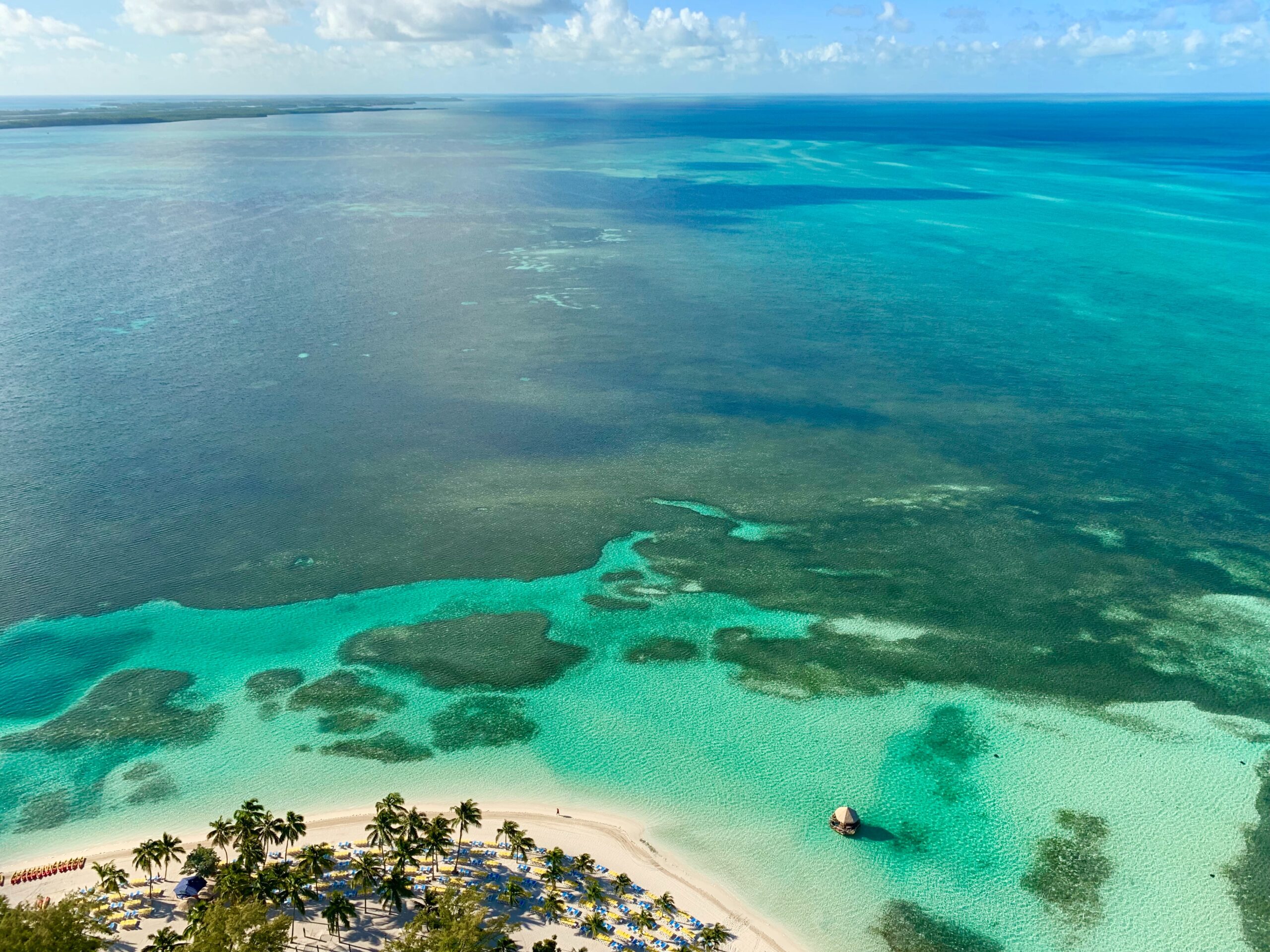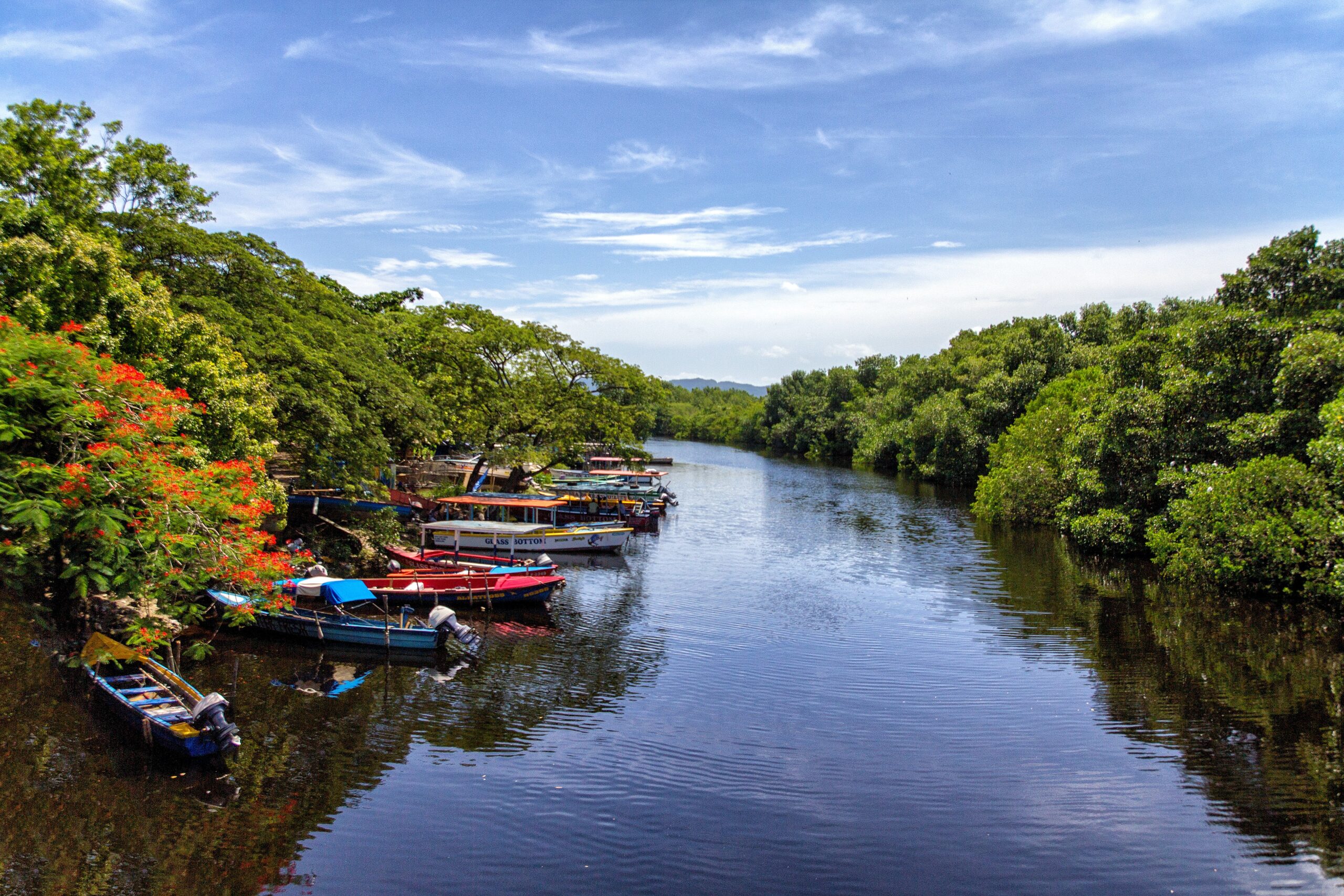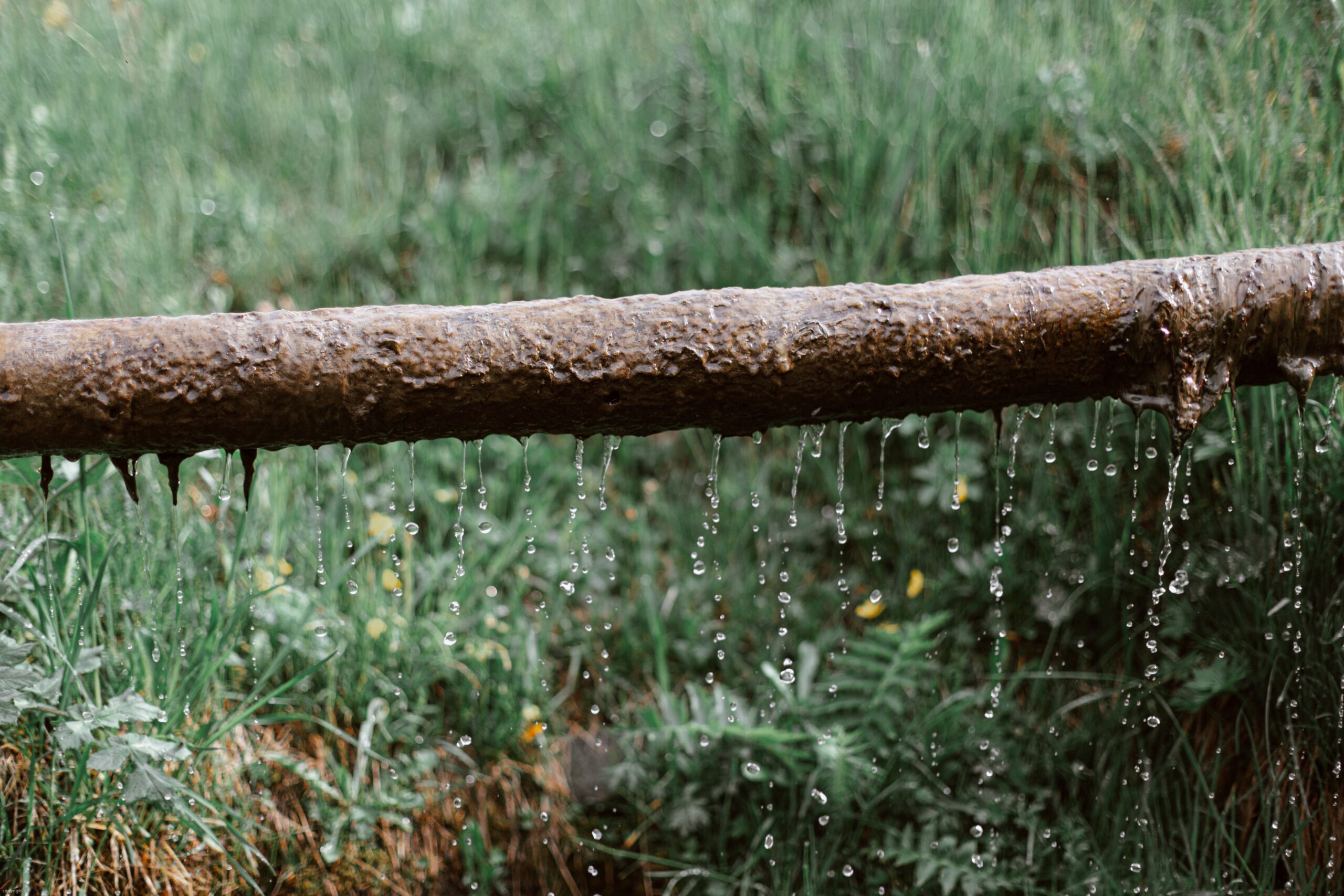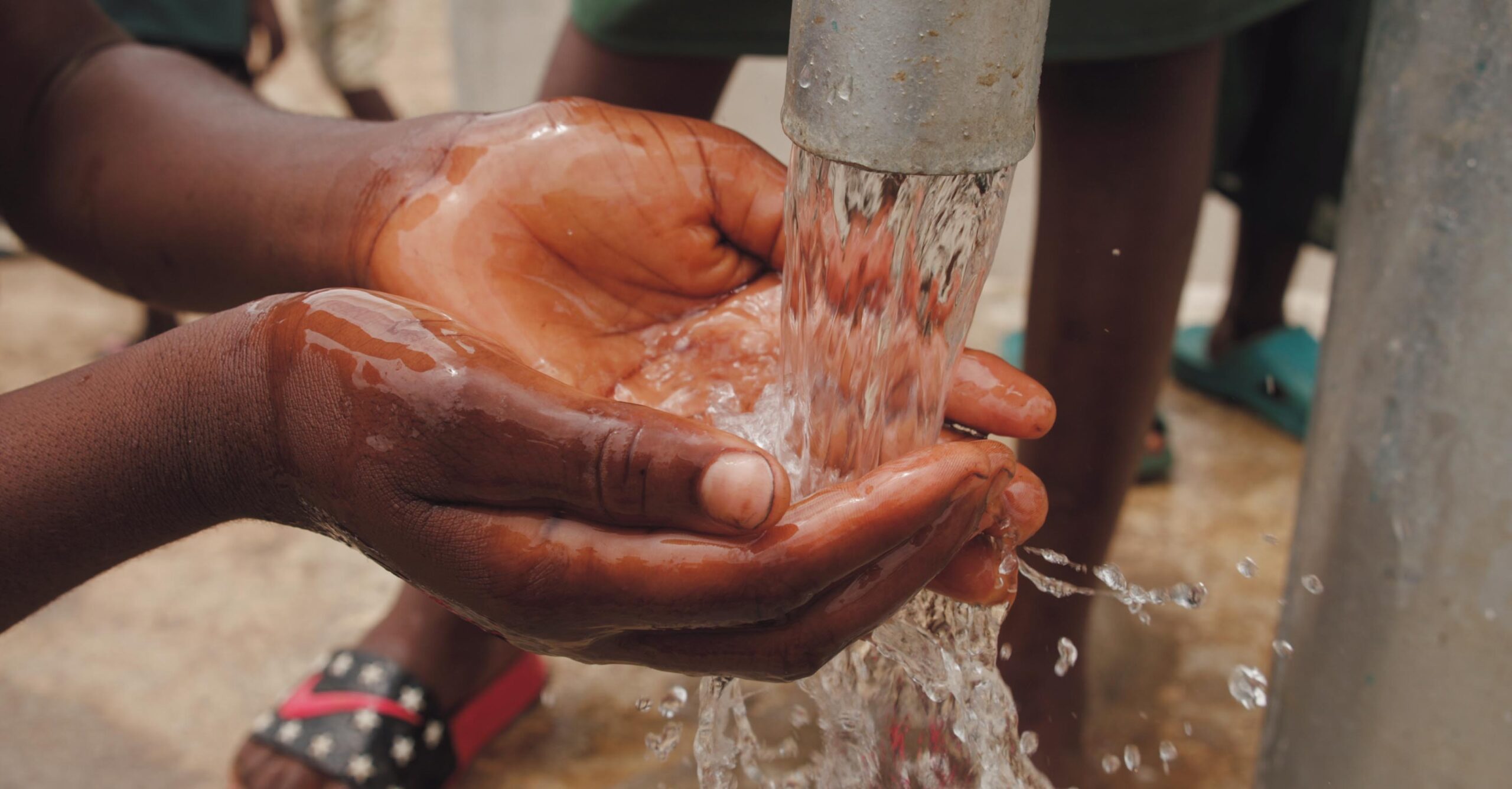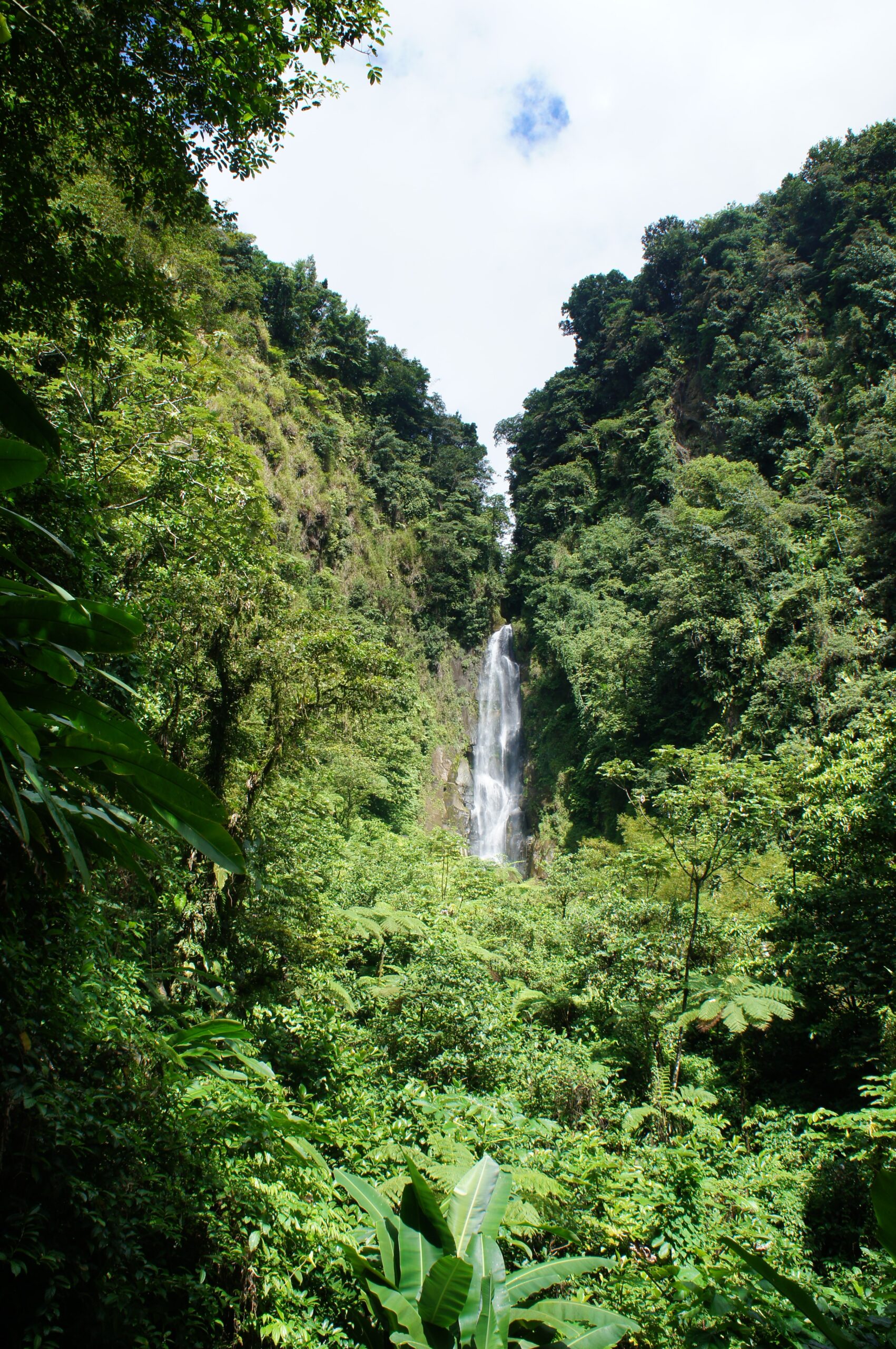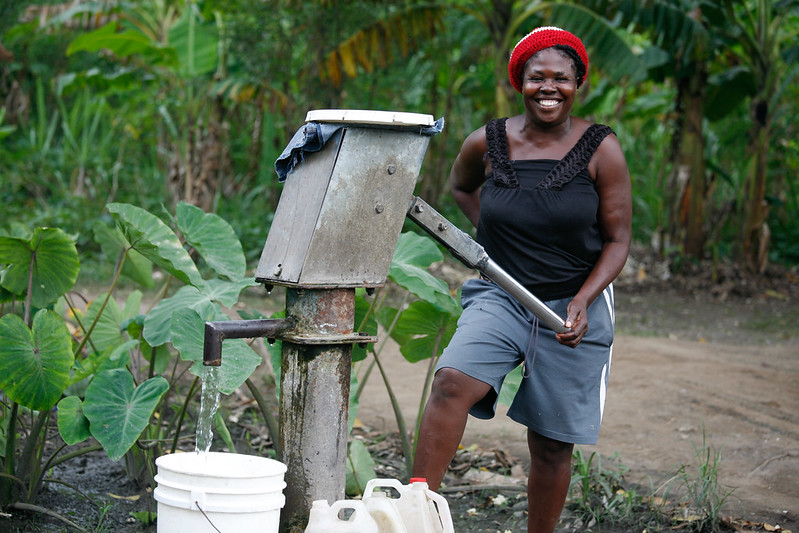Developing SOPs for Climate Resilient Water Infrastructure in the CARIFORUM Countries
As in many places highly impacted by the consequences of climate change and climate variability, local populations, where development projects are carried out, receive different forms of support in their territories.
Several actions by local, regional, international and multilateral institutions are juxtaposed in the same region and sometimes in the same location. This tends to generate a complexity of understanding of the action areas of each institution and can also provoke a certain “project burn-out” within the communities. This situation is not foreign to the communities of the CARIFORUM countries.
For this reason, we suggest using information dissemination techniques that are different from the conventional training programmes or workshops.
The technique we propose to use will enable the sharing of technical and local knowledge between water utilities, NGOs and CBOs and local communities, as well as recommendations and views on water security and climate resilient water infrastructure.
In this sense, the general objective of the dialogue of knowledge on water security and climate change resilient infrastructure is to identify together with community representatives the challenges, risks, opportunities and strength of men and women within their territory and the social spaces that define it, and to share this knowledge with the water entities in order to create an informative dialogue on specific topics derived from the training programme and eventually create a roadmap of actions at the local level.
To do this, we formulated three specific objectives for the dialogue:
- Map out the social spaces within the community territory where water infrastructures are located for which men and/or women face challenges, risks, opportunities and strength in times of extreme events.
- Identify the challenges, risks, opportunities, and strengths associated with each social space, in times of extreme events, based on the voices of men and women.
- Share this knowledge with water entities and generate a constructive and meaningful dialogue to generate concrete proposals or recommendations for local development.
Two safeguards should guide our participatory approach to knowledge dissemination.
Firstly, it is necessary to carefully identify the communities with whom the trainers will be in contact with, and for whom they will be the trainers on climate resilience issues. We propose two distinct groups: local communities located within the intervention areas of the water utilities or communities located outside the distribution lines of the water utilities. In addition, communities with a real need and desire to participate in water management and climate resilience should be identified, in order to achieve high and active participation, engagement and sustainability of the Exercise. It is important to identify the motivation of each community, as the chances of optimal engagement depend on this.
In some cases, the strong need to ensure water security drives engagement, while in other communities there is an interest motivated by entrepreneurial drive, strong ties to the land or coastal areas, or strong interest in conservation issues or education.
Finally, following the GWP-C recommendations (n.d), we suggest working directly with community mobilisers for each dialogue session, as they provide the necessary trust and confidence environment for these meetings to take place. These people can be community leaders or water and climate change project managers in the area and can act as moderators during the dialogues between the trainees and the communities. Ideally, they will have participated in the 5-day training programme.
Secondly, we recommend that the dialogues be held in a gender sensitive context, giving a voice to women, vulnerable women and women heads of households, in communities and regions at risk in the CARIFORUM countries. The goal is to involve them as agents and leaders of climate resilience and to include them in the design of solutions and activities. On the one hand, appropriate channels need to be identified to reach women who are vulnerable, or who do not normally obtain information about water resources and climate resilience through traditional channels. On the other hand, it must be ensured that these capacity building initiatives occur at a place, time and location that facilitates women’s participation (IDB, December 2020).
Source: IDB. Study of the Impacts of Climate Change on the Women and Men of the Caribbean. Pilot Programme for Climate Resilience Countries (PPCR), IDB Technical Note, December 2020.
Dialogue of Knowledge Objectives
By completing the Dialogue of Knowledge, you will be able to:
- Enhance your knowledge on climate resilience of water infrastructure in the Caribbean and IWRM;
- Facilitate dialogue processes between local communities and water entities providing relevant information on the water sector, climate vulnerability management and resilience to climate change.
- Raise awareness and encourage the involvement of communities fostering actions towards water conservation and resilience to climate change.

